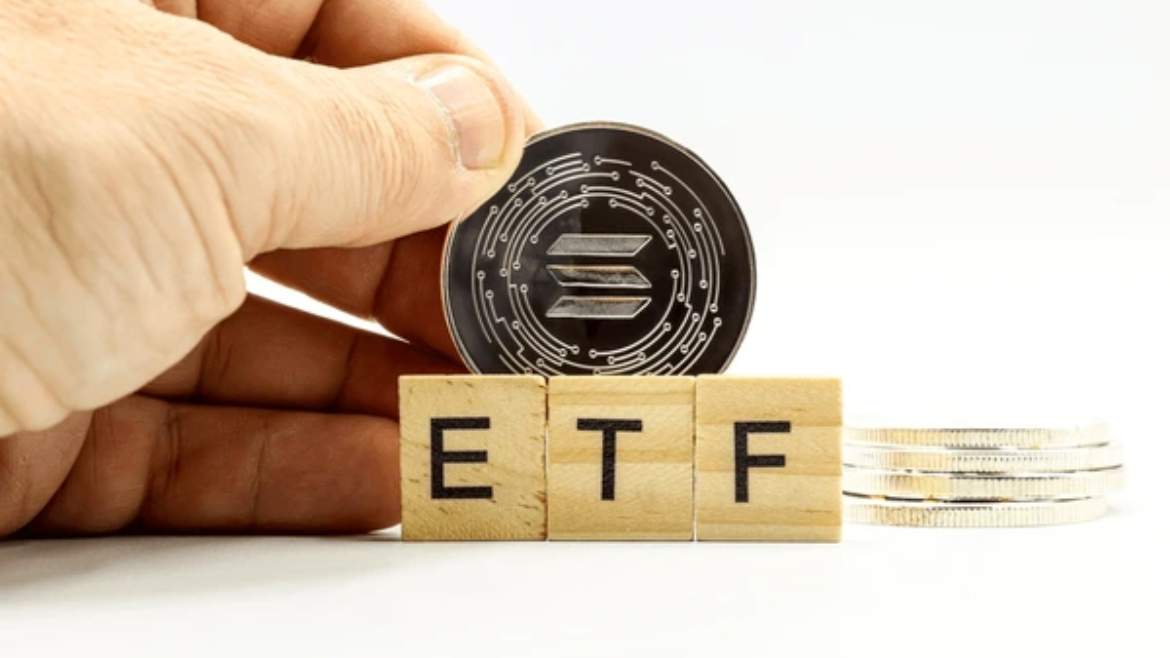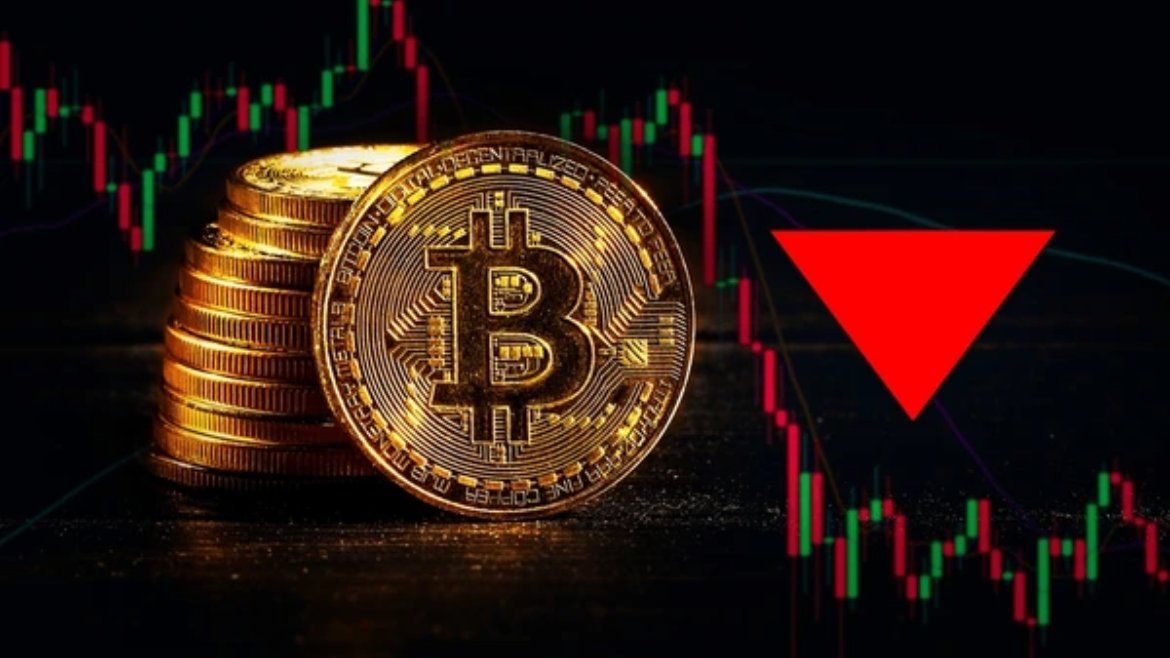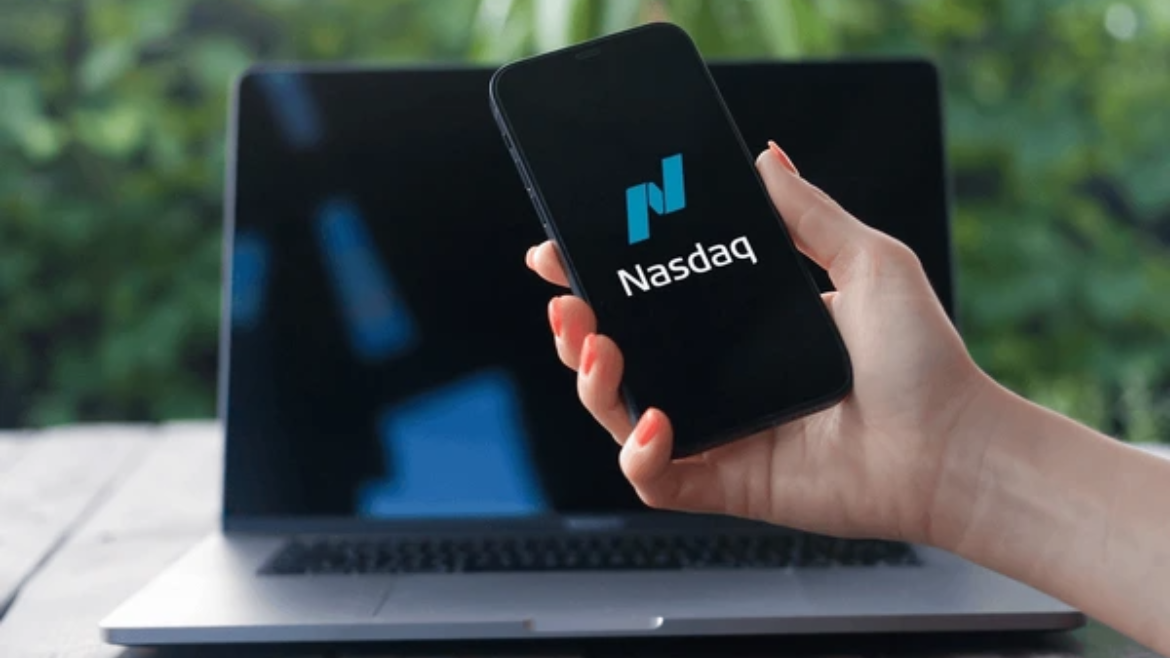Introduction
In June 2025, asset manager Invesco and Galaxy Digital registered a Delaware statutory trust named “Invesco Galaxy Solana ETF,” signaling their intent to launch a spot Solana ETF in the U.S. market. This step mirrors similar filings by several other firms and reflects growing optimism about regulatory approval for altcoin ETFs following the success of spot Bitcoin and Ethereum ETFs.
What Is an ETF and Why Does It Matter?
An ETF, or exchange-traded fund, is a pooled investment vehicle listed on a securities exchange and traded like a stock. ETFs typically hold a basket of assets—such as stocks, bonds, or commodities—and track an index or specific asset’s performance. For cryptocurrency investors, a spot ETF offers a regulated alternative to directly buying and storing digital tokens, combining ease of access with oversight from financial authorities.
Overview of Solana and Its Ecosystem
Solana (SOL) is a high-performance blockchain known for fast transaction speeds, low fees, and robust scalability. It powers decentralized applications (dApps) across finance, gaming, non-fungible tokens (NFTs), and more. As the fifth-largest cryptocurrency by market capitalization, Solana’s ecosystem has attracted significant developer interest and institutional attention.
Invesco and Galaxy Digital’s Solana ETF Filing
1. Delaware Trust Registration
Invesco and Galaxy Digital registered “Invesco Galaxy Solana ETF” as a Delaware statutory trust on June 12, 2025. Delaware trusts are commonly used by issuers to establish legal entities before filing formal applications with the U.S. Securities and Exchange Commission (SEC).
2. Expected Next Steps
The registration paves the way for filing an SEC Form S-1 registration statement, a required document detailing fund structure, risks, fees, and operational procedures. Once the S-1 is filed, the SEC enters a standard review period—up to 240 days—during which it can request amendments or clarifications. After S-1 approval, a Form 19b-4 submission to a national securities exchange follows before shares can trade publicly.
Why a Solana ETF Appeals to Investors
1. Regulated Exposure
A spot Solana ETF would provide regulated exposure to SOL’s price movements without requiring direct custody or private-key management. This appeals to institutional investors and compliance-focused firms.
2. Simplified Access
Buying ETF shares through brokerage accounts eliminates the need for digital wallets and specialized exchanges, making Solana accessible to retail investors and advisors.
3. Potential Staking Rewards
Industry reports suggest the SEC may permit staking within crypto ETFs. If allowed, a Solana ETF could pass through staking rewards—an innovative feature that aligns with Solana’s proof-of-stake consensus model.
Risks and Considerations
1. Regulatory Uncertainty
While the SEC has approved Bitcoin and Ethereum spot ETFs, it has not yet green-lit altcoin ETFs. The agency’s requests for updated S-1 statements highlight ongoing scrutiny of market surveillance and custody arrangements.
2. Market Volatility
Solana’s price has experienced significant swings, and a Solana ETF would inherit such volatility, potentially impacting inflows and investor sentiment.
3. Operational Challenges
Establishing secure custody, compliance reporting, and in-kind redemption mechanisms poses logistical hurdles. ETF issuers must demonstrate robust infrastructure to the SEC.
Broader Implications for Blockchain Investments
1. Altcoin ETF Momentum
Invesco and Galaxy join a growing list of issuers—including Grayscale, VanEck, Bitwise, and Fidelity—pursuing Solana ETFs. This trend underscores increasing confidence in broadening crypto ETF offerings beyond Bitcoin and Ethereum.
2. Institutional Adoption
ETF filings by major asset managers signal institutional recognition of altcoins as investable assets. Approval of a Solana ETF could accelerate capital inflows and mainstream adoption.
3. Competition Among Issuers
Heightened competition may drive innovation in fee structures, staking options, and fund mechanics, ultimately benefiting investors through better products and lower costs.
Conclusion
The Solana ETF filing by Invesco and Galaxy Digital represents a significant stride toward diversified, regulated crypto investment vehicles in the United States. If approved, a Solana ETF could broaden access, simplify portfolio management, and potentially integrate staking rewards, benefiting both retail and institutional investors. As regulatory discussions progress, blockchain investors should monitor developments closely, prepare for market volatility, and evaluate fund offerings to capitalize on emerging opportunities.
Frequently Asked Questions (FAQs)
Q1. What is the timeline for SEC approval?
The SEC’s review of a Form S-1 can last up to 240 days, but analysts anticipate a faster timeline—potentially three to five weeks—for Solana ETF approvals.
Q2. Will the ETF include staking rewards?
Early discussions between issuers and the SEC have addressed the possibility of staking within ETFs. If approved, staking rewards could enhance total returns for investors.
Q3. How does a spot ETF differ from a futures-based ETF?
A spot ETF holds the underlying asset directly, tracking its price in real time. A futures-based ETF uses derivatives contracts, which can introduce tracking errors and roll costs.
Q4. What fees can investors expect?
ETF fees for crypto products typically range from 0.20% to 0.50%, though competitive pressure among issuers may drive fees lower over time.
Q5. Are altcoin ETFs safe for all investors?
Crypto ETFs carry market risk and regulatory uncertainty. Investors should assess their risk tolerance and consult financial advisors before investing.















0 Comments